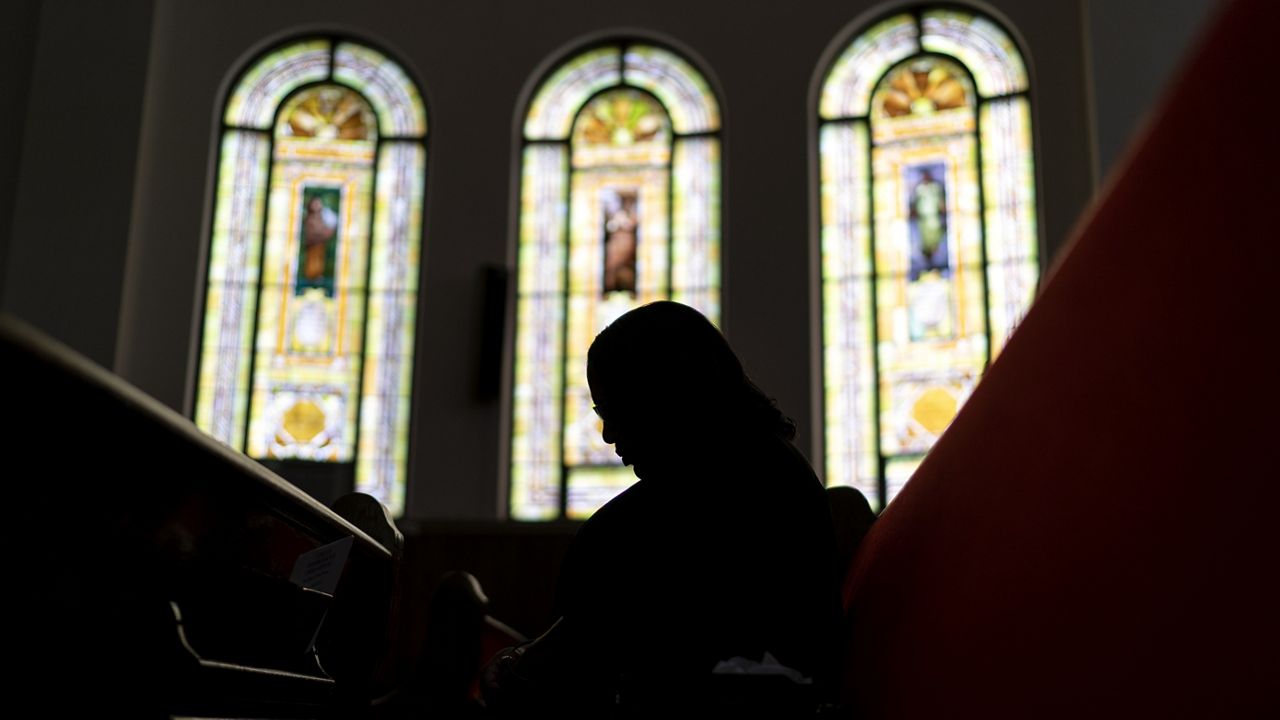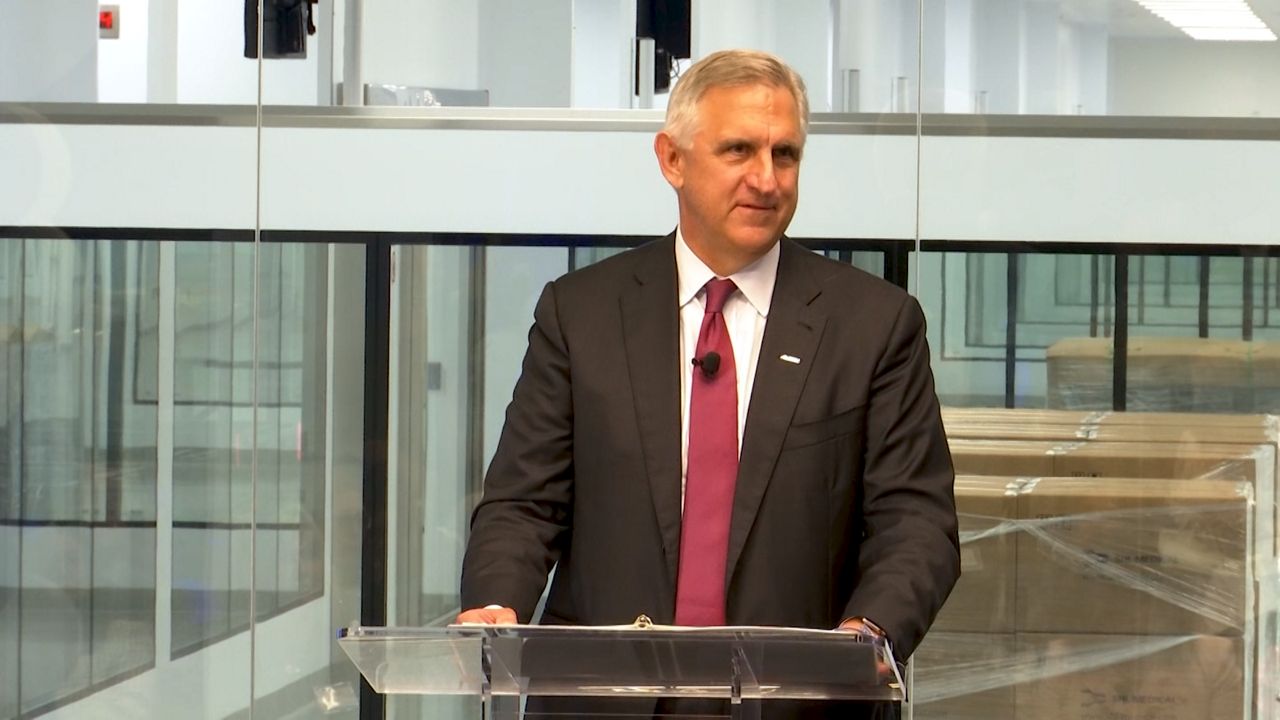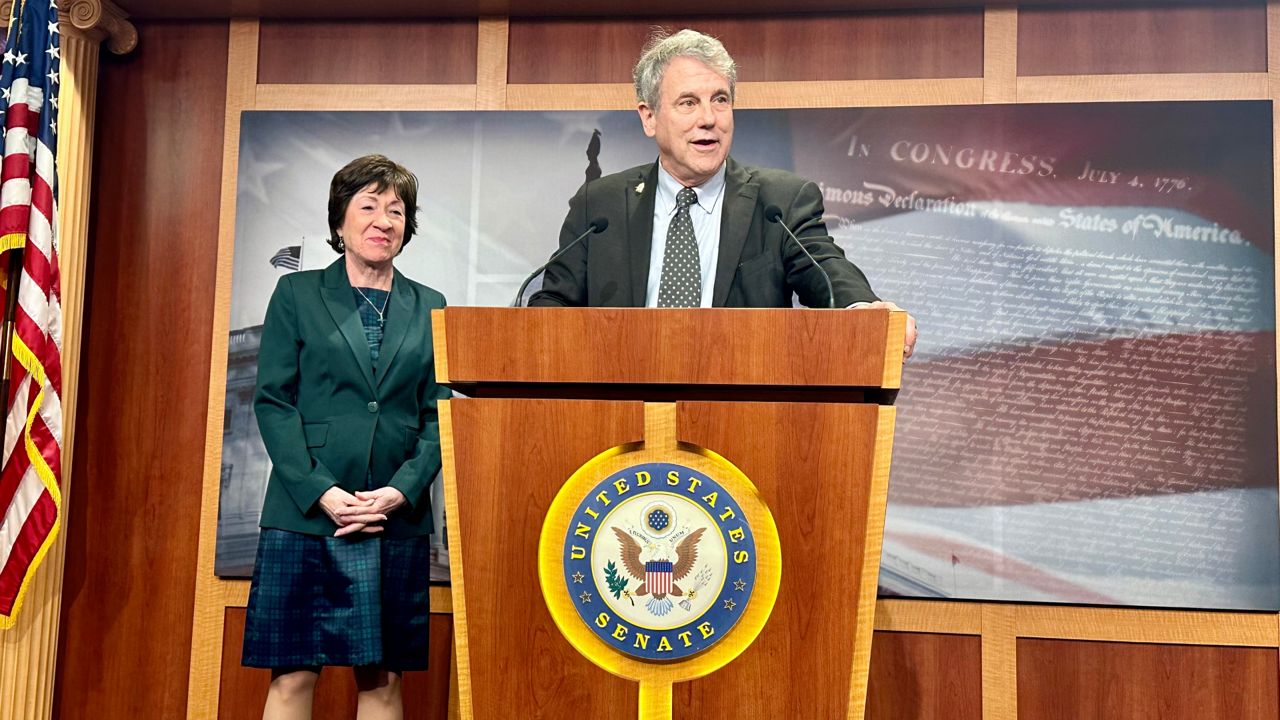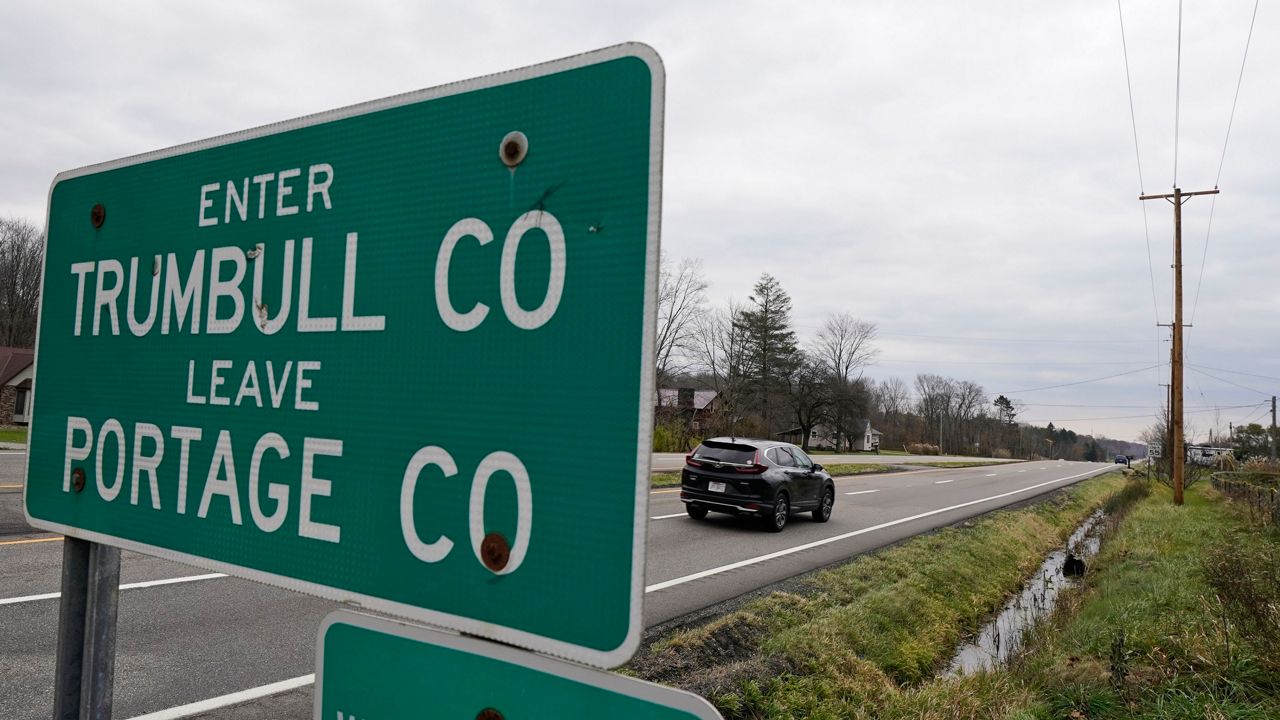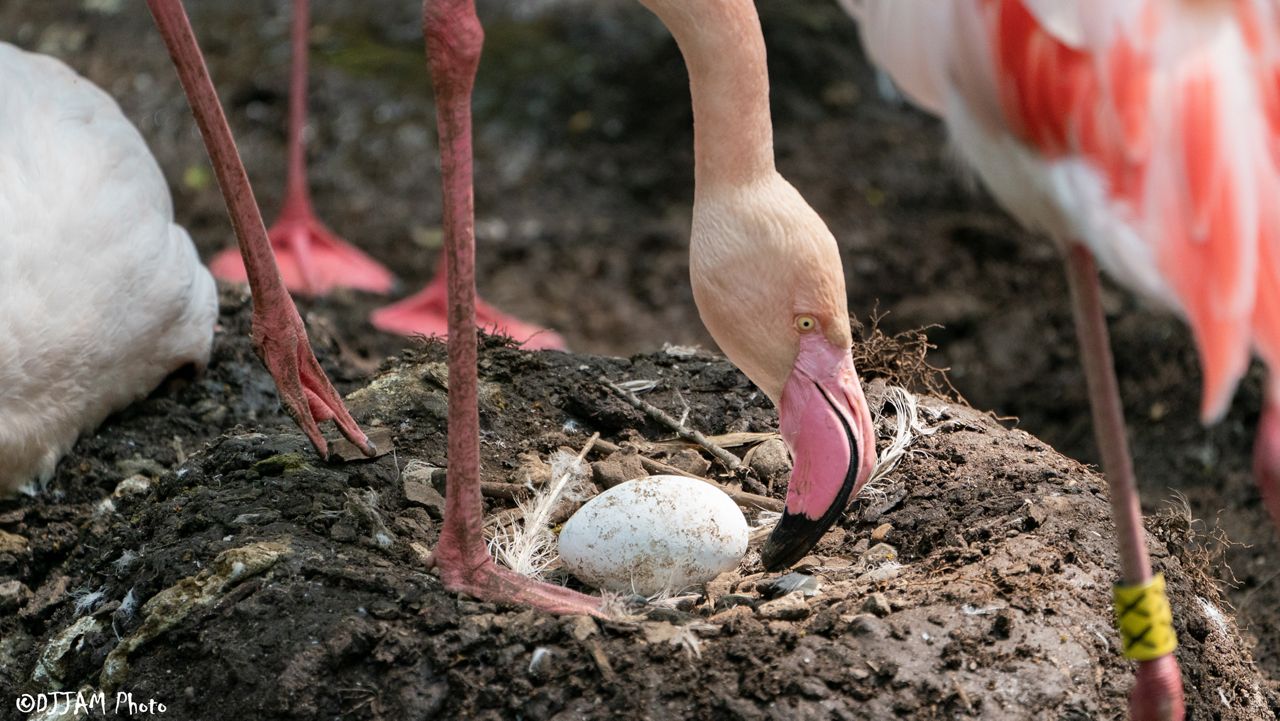DAYTON, Ohio — As the school year winds down, students are reflecting on another year done. And for some college students, they’re grateful for a group that brought together like-minded peers who may struggle with the daily life of college and being away from home. One program is allowing neurodivergent students to thrive on campus.
Walking to class on the University of Dayton's campus, there are lots of laughs.
And gratitude for these two students for finding each other thanks to the UD ACES program.
“I have not known this campus without the ACES program," UD junior and ACES peer mentor Clarissa Breard said.
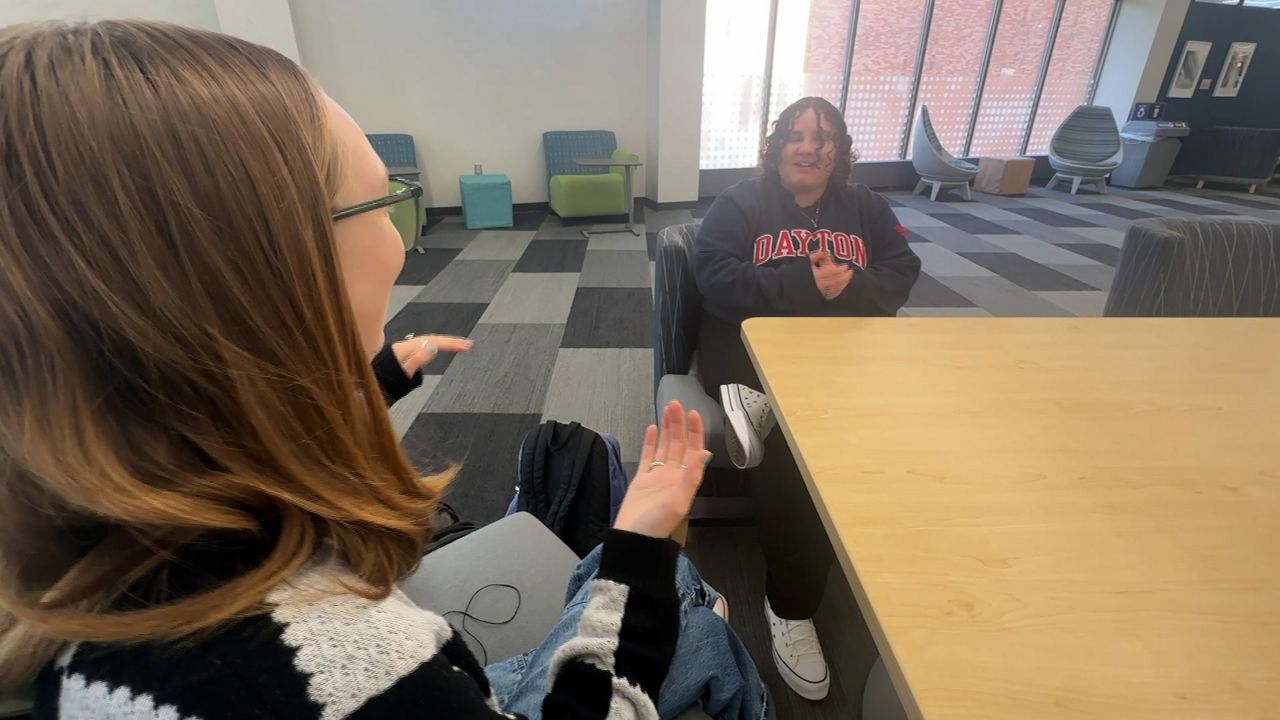
Breard is a neurodivergent student who struggled in high school with test taking and other skills.
“I was offered and told about this program, you could be with students alike to you," she said. "I've never had that opportunity before of being with like-minded peers, especially in a program that's made for neurodiverse students.”
While Mac Qua didn’t find out about the program until halfway through her college career.
“I was struggling and I am autistic and ADHD," Qua said. "And he mentioned, well, why don't you join ACES? And I was like, well, what's that? I've never even heard of it.”
The ACES program supports neurodiverse students by connecting them with each other, as well as with campus resources.
“Academically, I will say I've never had better grades than I have since I've been in ACES," Qua said. "The academic and accountability support has been huge. I tried going through like traditional academic coaching on campus and that didn't really work for me. I needed that social aspect as well."
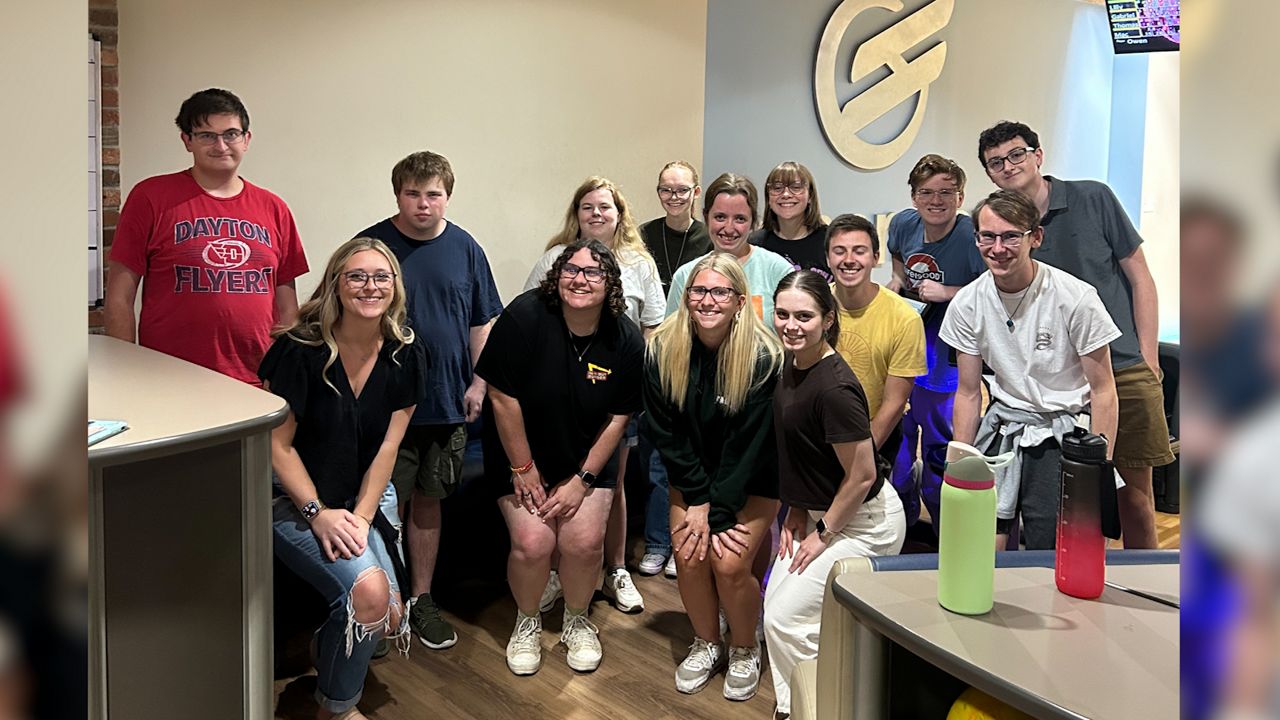
Breard says she’s learned to stand up for herself and her needs thanks to the ACES program.
“Advocacy is like probably one of the biggest skills that I teach, like off the bat," she said. "But also just I don't know, I think it's just meeting people and meeting people is hard. So just knowing how to approach someone and say, hey, like, I think you're really cool.”
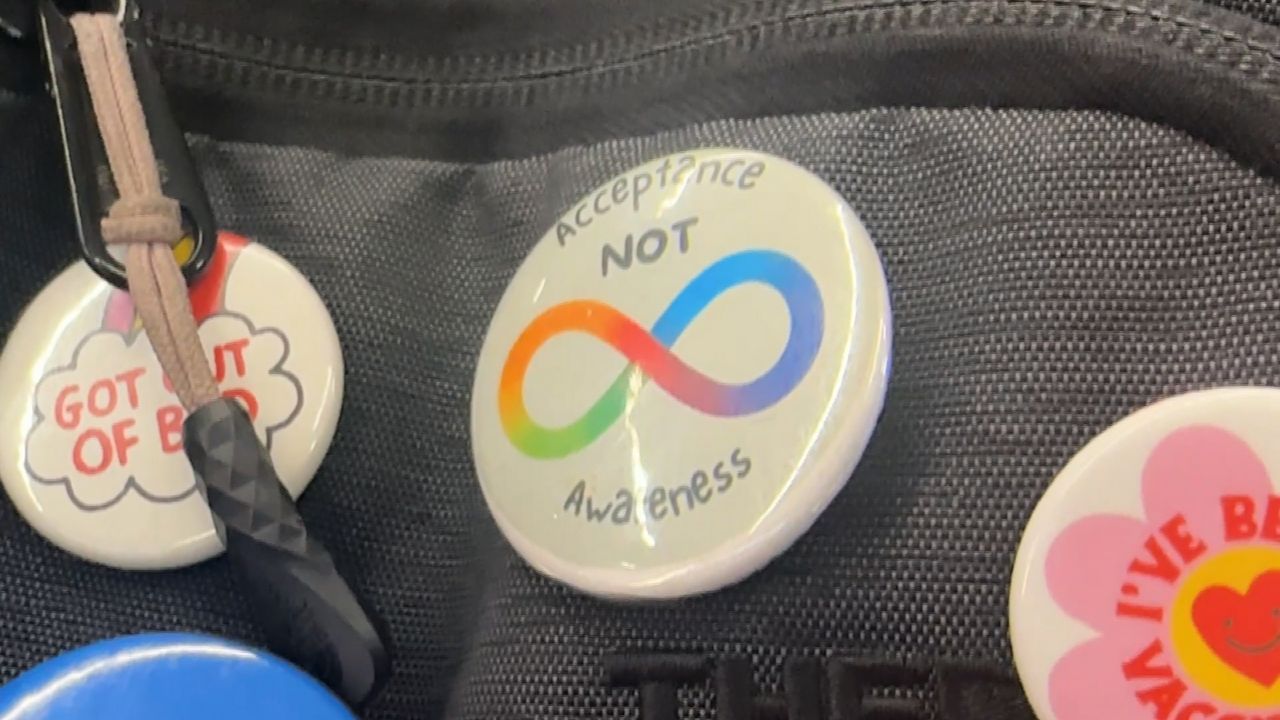
For Qua, as a graduating senior, and now a peer mentor for the program, they’re hoping to part campus with some wisdom to their fellow Flyers.
“Are you struggling to start?" Qua said. "Are you struggling to keep going? Are you losing steam? Is it boring? Is it difficult? All of these you can have different strategies on how to deal with it.”
They hope their guide can be a resource to other students.
“I was getting a lot of the same questions," Qua said. "So this past week I decided to write out a guide, Mac's Productivity Guide to Friction Points, so that I could share that with the student, like hey, here's everything that I have learned.”








